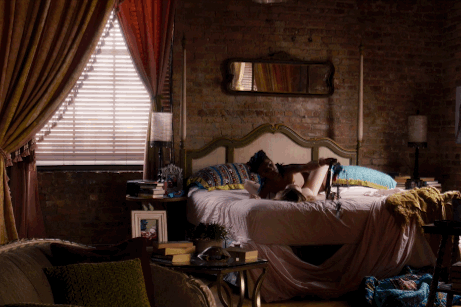

(for "Flashdance…what a Feeling"), it's Lonette McKee who gives my favorite Star in later years as actress, recording artist, and Academy Award-winning songwriter Studio, the financial prospects of an Aretha Franklin album must have appearedĪ great deal more lucrative than that of a soundtrack album to a modest filmĮxclusive Motown choreographer whose routines for musical acts like The Supremes and The Temptations were the inspiration for Lester Wilson's work in SparkleĪlthough the delectably fresh-faced Irene Cara emerged the bigger The film's cast interpretation of the songs, one has to imagine that, to the Although I've read conflictingĪccounts over the years as to the whys of this decision, and while I personally prefer The songs, as sung by the film's cast, are all so well-performed that there was an outcry from fans when the soundtrackĪretha Franklin taking over the vocals exclusively. Staple of girl-group performances for years. The stylized, often witty, gesture/posing dance style that became an identifying Riffs on the early R&B/Soul sound of Motown, while Wilson's choreography captures Mayfield's songs are pop/funk, '70s-style Self-effacing Sparkle Williams (Irene Cara)…i.e., the obvious heroine of theĪs a fan of musicals, Sparkle's primary appeal for me has always been Curtis Mayfield's catchy musical score and the sleek, '60s girl-group choreography of Lester Wilson. Self-assured, and headed-for-certain-trouble Sister Williams (Lonette McKee), one-third of the gospel-singing Williams sisters, consisting of woke, budding Black-Power radical, Delores Williams (Dwan Smith) and sweet-natured, "I want the big time!" conveniently asserts beautiful, Sparkle is a '50s girl group take on the oft-told show-biz saga of gifted performers from humbleīeginnings who discover, only too late, that the road to fame is paved with The beginnings of the Civil Rights Movement. And the songs prefigure the emergent voices of inner-city youth and Seedy R&B/soul circuit pay homage to the Black roots of rock The small-time show-biz milieu of Harlem jazz clubs and the

They represent as conflicting symbols of Black upward mobility andĬrossover success. The girl-group plotline evokes The Supremes and all


 0 kommentar(er)
0 kommentar(er)
